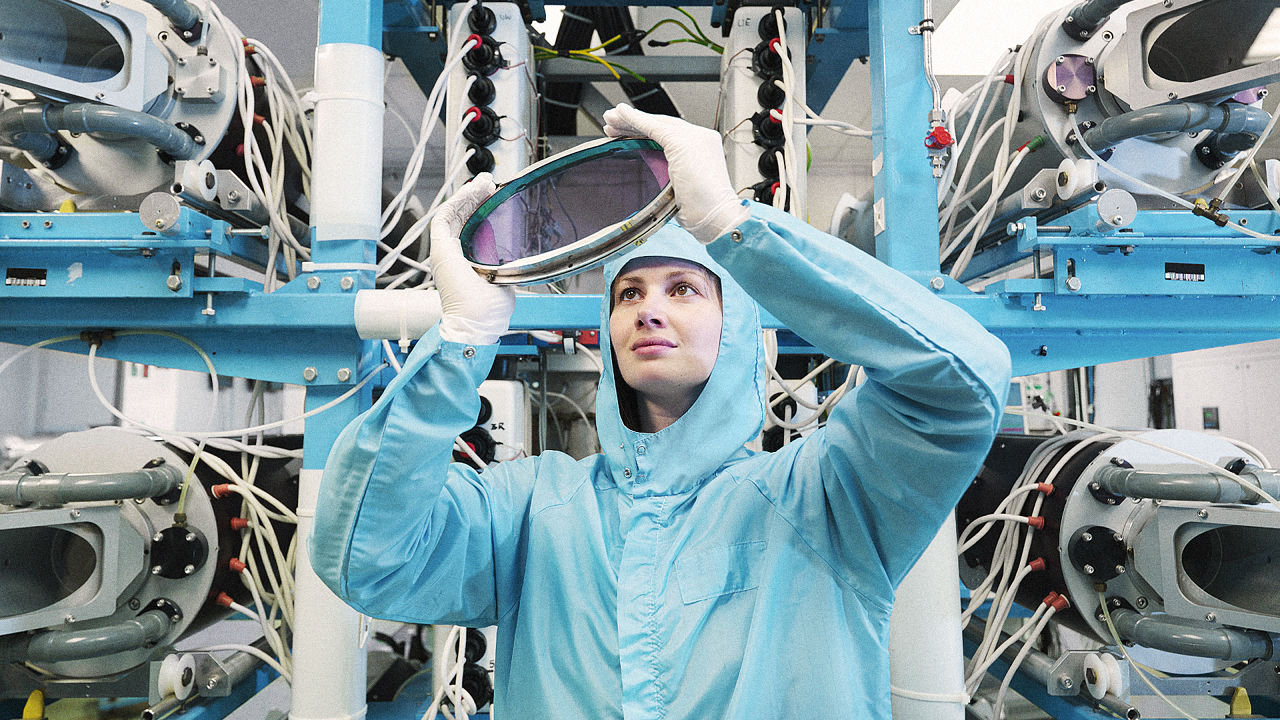My seven-year old daughter has all the makings of a future scientist. She is fascinated by science and extremely interested in nature’s mysteries. She questions every rule and tries to master every skill, and she works very hard to reach the end result she wants. She collects rock samples for fun, she chooses to watch Discovery Channel in her screen time, and last month she asked for a children’s encyclopedia as her “good behavior reward”.
Watching her conduct yet another experiment in my kitchen fills me with pride and joy, but I am also filled with dread and worry. I worry that her childhood enthusiasm may be interrupted by social norms and stereotypes, telling her that science is not for women, and that the lack of sufficient role models may one day dissuade her from pursuing her true passion. Most of all, I worry about a lifetime of challenges and isolation that she might face if she goes against odds—as I believe she will—and decides to venture into the male-dominated world of science.
Why Should We Care?
Globally, there are significantly fewer women scientists than men. In the Arab region, this gender gap is even more pronounced. A combination of social, cultural, and financial factors play a role in perpetuating this gender gap, spanning from early education through the higher levels of scientific research.
While the percentage of women studying science in the Arab region have dramatically increased in the past few decades, often even surpassing men in many Arab countries, their numbers are not replicated in the workforce and research, of which women comprise less than 12%. This universal phenomenon is dubbed “The Leaky Pipeline”, when women often abandon their careers in Science, Technology, Engineering, and Mathematics (STEM) shortly after receiving their degree, to pursue a more “practical” alternative.
Setting aside factors that lead women to abandon science, why should we care if more women choose to become scientists? This question seems to arise whenever the issue of addressing the challenges of women in science comes up, but I can easily think of a few answers.
For one, attracting and retaining more women in the STEM workforce will maximize innovation, creativity, and competitiveness. Scientists and engineers are working to solve some of the most difficult challenges of our time, and engineers design many of the things we use daily. When women are not involved in science and engineering, experiences, needs, and desires that are unique to women are likely to get overlooked. We should care because a male-centric view of science is just that—male centric.
With a more diverse workforce, scientific and technological products, services, and solutions are likely to be better designed and more likely to represent all users and the direction of scientific inquiry will be guided by a broader array of experiences. In Arab countries, where we sadly lag behind in science and research, we especially need to maximize the potential of all our brain power, and that includes women who make up—more or less—half the population.

Unique Challenges
Globally, women and girls need help in overcoming barriers: the raised eyebrows; the isolation of being the only female in the class or office; the double standards in applying for jobs or research grants; and the insufficient supportive laws for childcare and maternity leaves.
Regionally, the challenges are double-fold. Societal inclination to view women primarily as wives and mothers leads to the assumption that they are less willing and capable of taking on the long hours required for scientific work. As such, opportunities to advance scientific careers through scholarships and promotions are mostly offered to males.
For women scientists to advance in Arab societies, countries must prioritize improving the status of women in general, and new laws are needed to protect women’s rights to education, work, equal wages, and criminalizing all types of violence and harassment against women at the workplace, in addition to securing equity in access to training and promotion opportunities.
Only then a new generation of Arab girls who love science and yearn to innovate and discover may face less challenges and therefore thrive. For my part, I will do my best to encourage my little girl/scientist, and make sure she knows how her country, and the entire world, really needs her and her scientific mind.
References
news.nationalgeographic.com
inc.com
care2.com
natureasia.com
*Published in SCIplanet, Women and Science (Spring 2016) Issue.